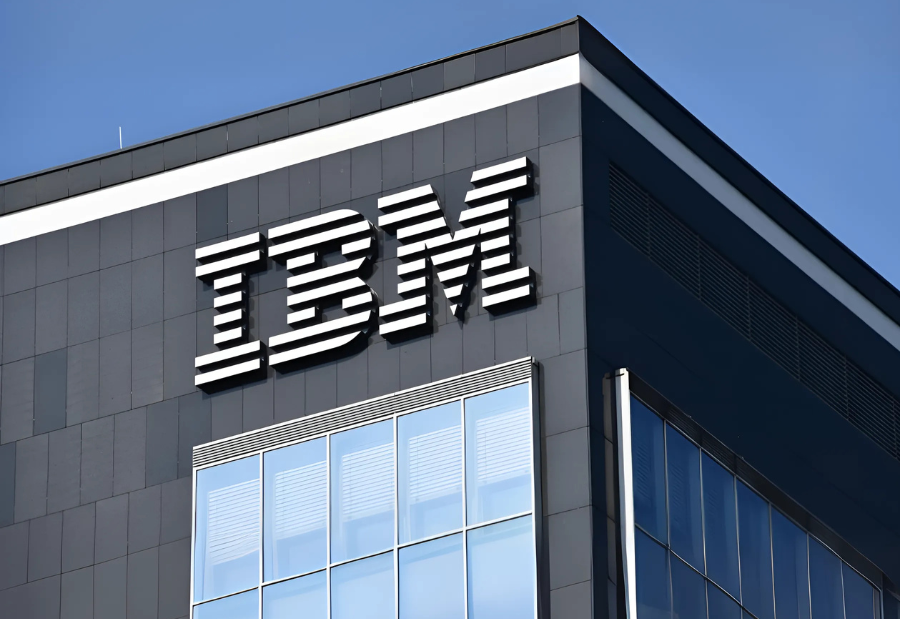AP2 sets a new global standard for AI-driven transactions with backing from over 60 industry leaders including Mastercard, PayPal, and Coinbase.
Google has officially unveiled its groundbreaking Agent Payments Protocol (AP2), an open, cross-industry framework designed to securely enable AI agents to perform financial transactions on behalf of users. With the rapid growth of ‘agentic AI,’ where autonomous software agents shop, book services, and negotiate deals, traditional payment systems face challenges since they assume a human is always directly approving purchases. AP2 introduces a new standard to handle consent, authorization, and accountability in this fast-evolving space. Backed by over 60 major global players, including Mastercard, PayPal, Adyen, and Coinbase, the protocol seeks to become the backbone of AI-driven commerce. By using cryptographically signed mandates, AP2 ensures every AI-led transaction has verifiable proof of user intent, reducing risks of fraud and disputes.
At the heart of AP2 are two key types of mandates: Intent Mandates and Cart Mandates. An Intent Mandate captures a user’s instructions and boundaries, such as price limits or timing conditions, allowing agents to act autonomously without requiring constant human intervention. For example, a consumer could instruct their AI assistant to purchase concert tickets automatically as soon as they are available, provided they meet specific price and seating requirements. A Cart Mandate finalizes the exact details of a purchase, including the items, total cost, and merchant information, before payment is executed. This creates a clear, auditable chain of events that guarantees transparency and trust. AP2 is also payment-agnostic, supporting credit and debit cards, real-time bank transfers, and even cryptocurrencies through its x402 extension, built in collaboration with Coinbase and the Ethereum Foundation.
The launch of AP2 comes at a pivotal moment as regulators, businesses, and consumers grapple with the implications of autonomous AI commerce. While the technology promises unparalleled convenience, it also raises difficult questions about security, liability, and consumer protection. For instance, if an AI agent makes an unauthorized purchase or is tricked by a malicious actor, who bears responsibility—the user, the merchant, or the AI provider? Google and its partners stress that AP2’s cryptographic safeguards are designed to reduce these risks by providing verifiable proof of intent and authorization at every step. However, widespread adoption will require cooperation from regulators worldwide to establish clear legal frameworks. Building user trust will also be crucial, with features like transparent permissions, real-time notifications, and easy revocation of mandates likely to determine AP2’s success.
If broadly adopted, AP2 has the potential to transform global e-commerce and financial systems. Consumers could enjoy seamless, secure purchasing experiences while delegating repetitive tasks to AI agents, and merchants may benefit from reduced cart abandonment and new opportunities for personalized engagement. The x402 extension also opens up possibilities for microtransactions and agent-to-agent economic activity, laying the groundwork for innovative business models.
Google plans to expand AP2 by engaging with international standards bodies and bringing more partners into the ecosystem in the coming months. As AI agents take on increasingly significant roles in daily life, AP2 positions itself as the essential infrastructure for safe and reliable AI-driven commerce, potentially becoming as foundational to the future of payments as HTTPS is to secure web browsing today.
Also read: Viksit Workforce for a Viksit Bharat
Do Follow: The Mainstream formerly known as CIO News LinkedIn Account | The Mainstream formerly known as CIO News Facebook | The Mainstream formerly known as CIO News Youtube | The Mainstream formerly known as CIO News Twitter |The Mainstream formerly known as CIO News Whatsapp Channel | The Mainstream formerly known as CIO News Instagram
About us:
The Mainstream formerly known as CIO News is a premier platform dedicated to delivering latest news, updates, and insights from the tech industry. With its strong foundation of intellectual property and thought leadership, the platform is well-positioned to stay ahead of the curve and lead conversations about how technology shapes our world. From its early days as CIO News to its rebranding as The Mainstream on November 28, 2024, it has been expanding its global reach, targeting key markets in the Middle East & Africa, ASEAN, the USA, and the UK. The Mainstream is a vision to put technology at the center of every conversation, inspiring professionals and organizations to embrace the future of tech.




